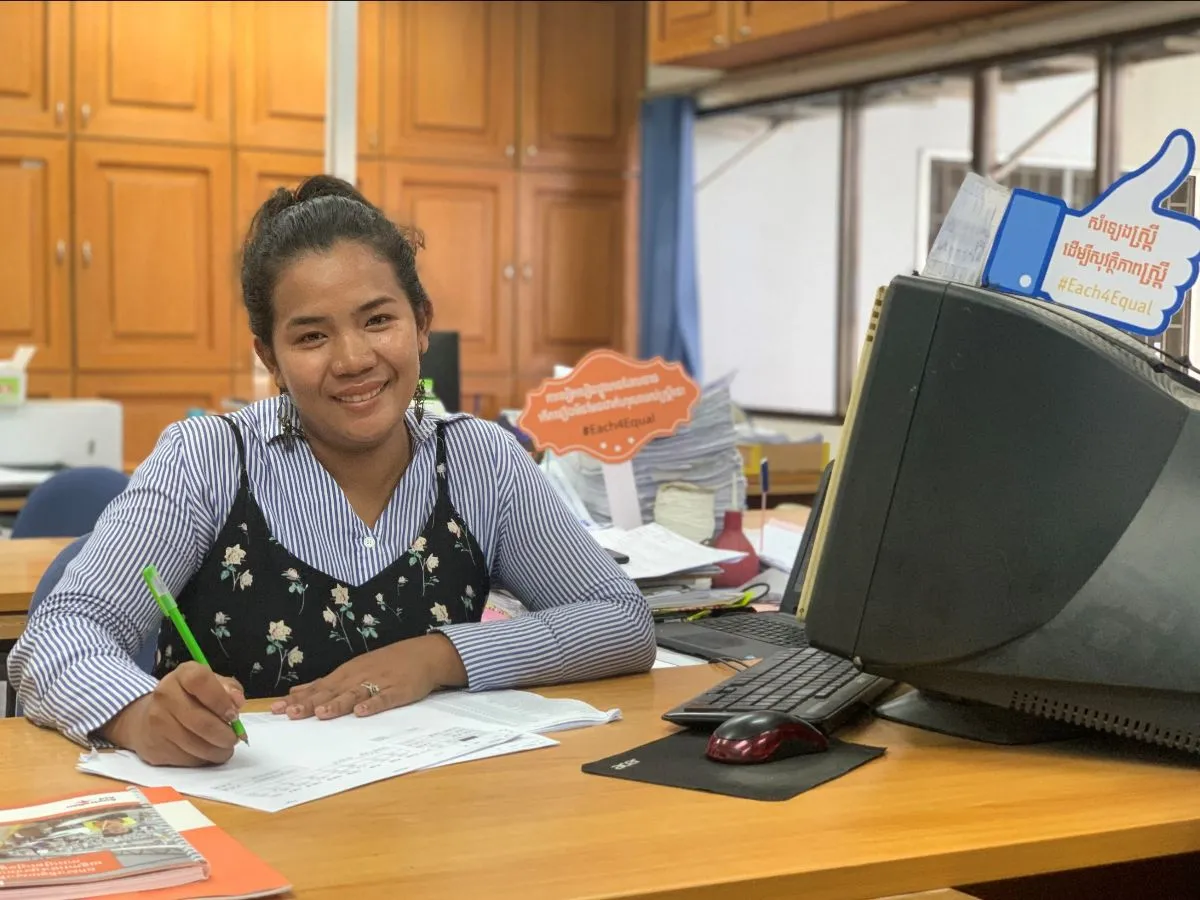How it happened
Funding from partners
With a donation from Meta Social Impact, the Data Literacy Professional Development Fund Initiative was opened to as many employees who wanted to apply as possible, with a focus on awarding classes to female-identifying and non-binary employees, as well as employees in the Global South. 57% of all scholars were female and non-binary, and 89% of scholars were from ECSA, MENA, LAC, WARMU, and ARMU. Scholars were able to choose courses delivered in English, French, and Spanish.
Give people choices about learning
Scholars applied to participate in the Initiative, listing their top choices for classes to take and stating their intentions on how they would apply the skills they will gain to their work at CARE. Most who were admitted to the Initiative received their first pick of class, and were granted full access to the certified, self-paced version of the online course. Since they were enrolled in the paid version of the course, they will always have access to course material for future reference. Courses were housed on the websites EdX, uDemy, and eCornell, and included discussion posts, lectures, homework, and quizzes. All participants were also added to a CARE Teams chat to connect with other scholars.
Check if it’s working
Eighty nine percent (89%) of scholars rated themselves as more knowledgeable about the topic after completing the course of their choice, 87% agreed the course was presented in an easy-to-understand manner, and 96% agreed the course they took had good content. The most popular class was “Analyzing and Visualizing Data with Power BI.”
Where to learn more
98% of Round 1 scholars listed another course they would take if given the opportunity!
We curated a list of these free courses and posted it on CARE Shares – Global MEAL Hub so anyone can access free versions of the courses that scholars completed at any time.
We were able to secure another round of funding from Meta for Phase 2 of this initiative! Scholarship priority will be given to staff from the Global South focused on CARE’s vaccine work. Priority will also be given to existing scholars interested in advanced analytics and GIS that will allow them to use CARE’s program data alongside external data sources like censuses and Meta’s Data for Good. We believe this would further unlock our ability to deliver more impact for millions of people by empowering our staff, especially from the Global South, to harness the power of data in their work.

